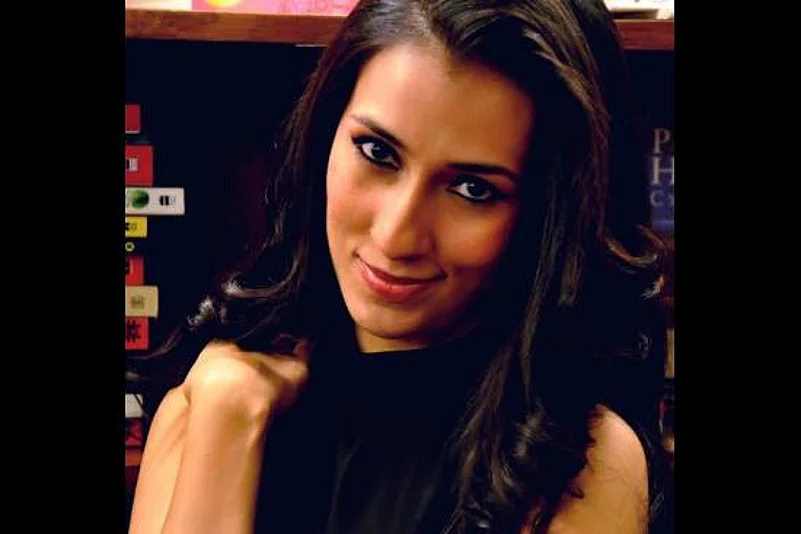How does it feel to be the first non-European lecturer of Law at Cambridge?
It’s a huge honour, both as intellectual recognition, and as a matter of political symbolism.
Who are the internationally renowned policy experts you’ve worked with?
Most notably, Joe Stiglitz on credit markets and Jose Antonio Ocampo on inclusive finance.
Do you think you’ve contributed significantly to legislative reforms?
Well, I worked with Michelle Swenarchuk on IP and bioethics, the Legal Resources Centre on domestic violence in South Africa, as well as the mid-day meal scheme.
What got you interested in the Gujarat development model?
I am curious about whether it delivers on its promise in terms of the reality on the ground.
Is it worthy of emulation?
I don’t know yet. I am interested in the institutional dynamics of replicability.
Which global trends have interested you?
The potential that the post-financial crisis moment provides for the global south to renegotiate its position.
What’s been your career’s high point?
So far, the Yorke Prize, one of the highest awards for legal research in the UK. The real highs are yet to come.
Do you plan to teach in India at some point?
I feel rooted in India, and am interested in being actively engaged with the intellectual, pedagogical and policy processes in the country.
Do you think inter-disciplinary studies are becoming more popular in India?
Academia is antagonistic to many-headed real-world problems. This is an opportunity for Indian academia to be more kaleidoscopic.
Do filmmaking, photography interest you?
I want to move from static to dynamic images—to tell human stories in development.

























